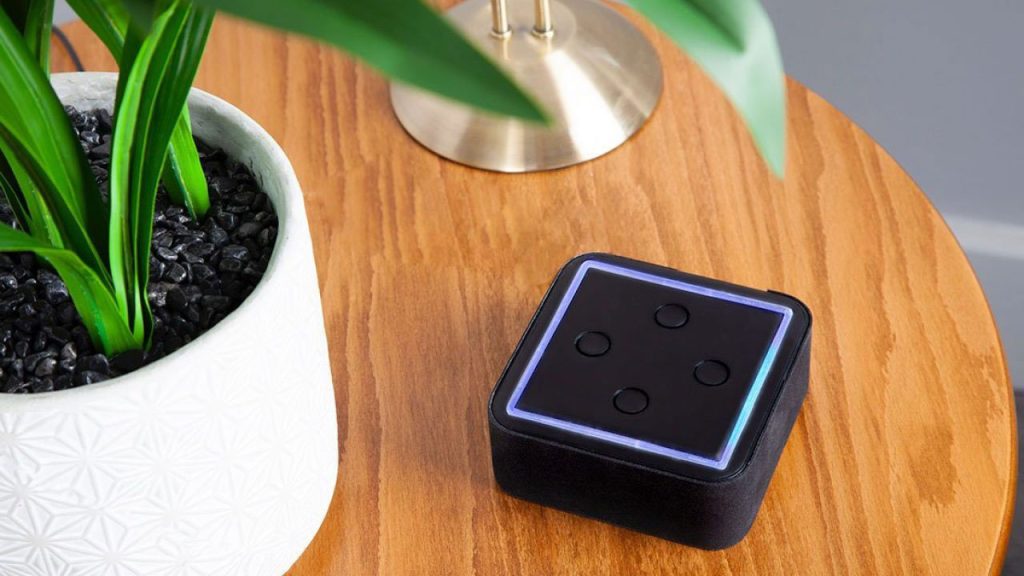One of the great challenges of providing senior care is the constant balancing act of trying to ensure individuals have adequate support without undermining their independence and personal autonomy. Sentai is one company trying to make this process a little easier for individuals, carers and families, all thanks to modern, AI-powered technology (https://longevity.technology/news/aip-trailblazer-6-sentai/).
Sentai (named after the Japanese word for guardian) had its birth during 2020, when the pandemic and associated lockdowns were making questions about social isolation and social care even more relevant. Founder and CEO Phil Marshman had personal experience with the difficulties. He was trying to manage care for his elderly father while still maintaining his own career and recovering from a bout of covid.
He realized how difficult it was to know whether his father was taking his medication, managing to participate in the regular activities of daily living, or even whether he was happy in his life. Phone calls weren’t always answered, and when he did manage to speak to the older man, they often had different perspectives on what was important and needed to be addressed.
Most older people don’t want to feel like they’re constantly under supervision or to have their independence challenged. Sentai allows communication between the individual and their family, but it isn’t intrusive or aggressive. It can provide gentle reminders and suggestions, but it’s also programmed to detect signs that someone wants to be left alone. Messages from and conversations with Sentai are designed to feel natural rather than robotic thanks to machine learning.
Loved ones will know if there are issues, but they will also be aware of whether the problem is a genuine medical emergency or a smaller matter that’s taken on greater importance, like being short on milk. Instead of pestering an individual when they indicate they don’t want to take their medication, Sentai will alert the caregivers. It can notify families of any variation from the senior’s normal routine.
This combination of features and ability to learn mean that the older person does not feel like they are being constantly monitored and pressured, and can continue to live their own life as much as possible. Meanwhile, the families and the people responsible for their care can feel reassured that even if they can’t personally check in, they will be alerted if problems develop. It’s all about connection and communication.




